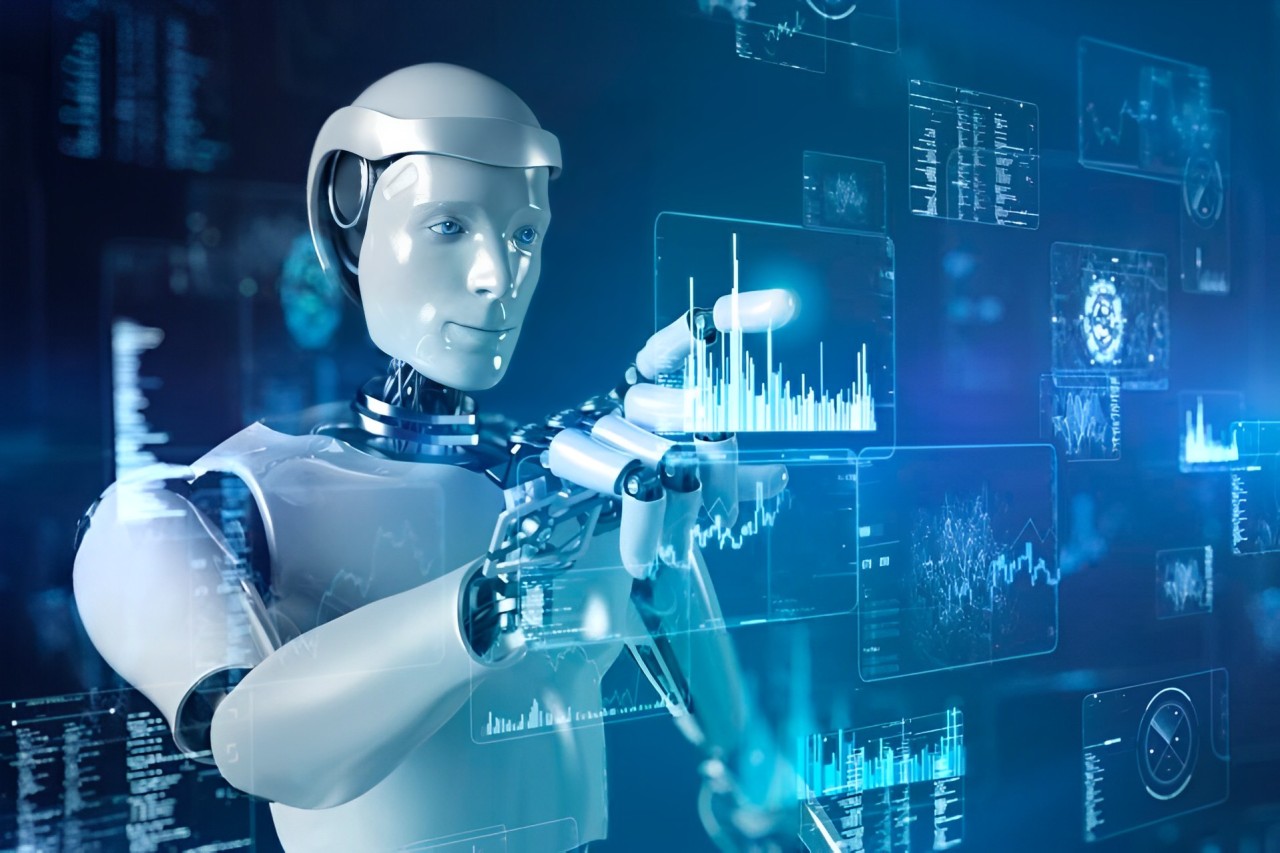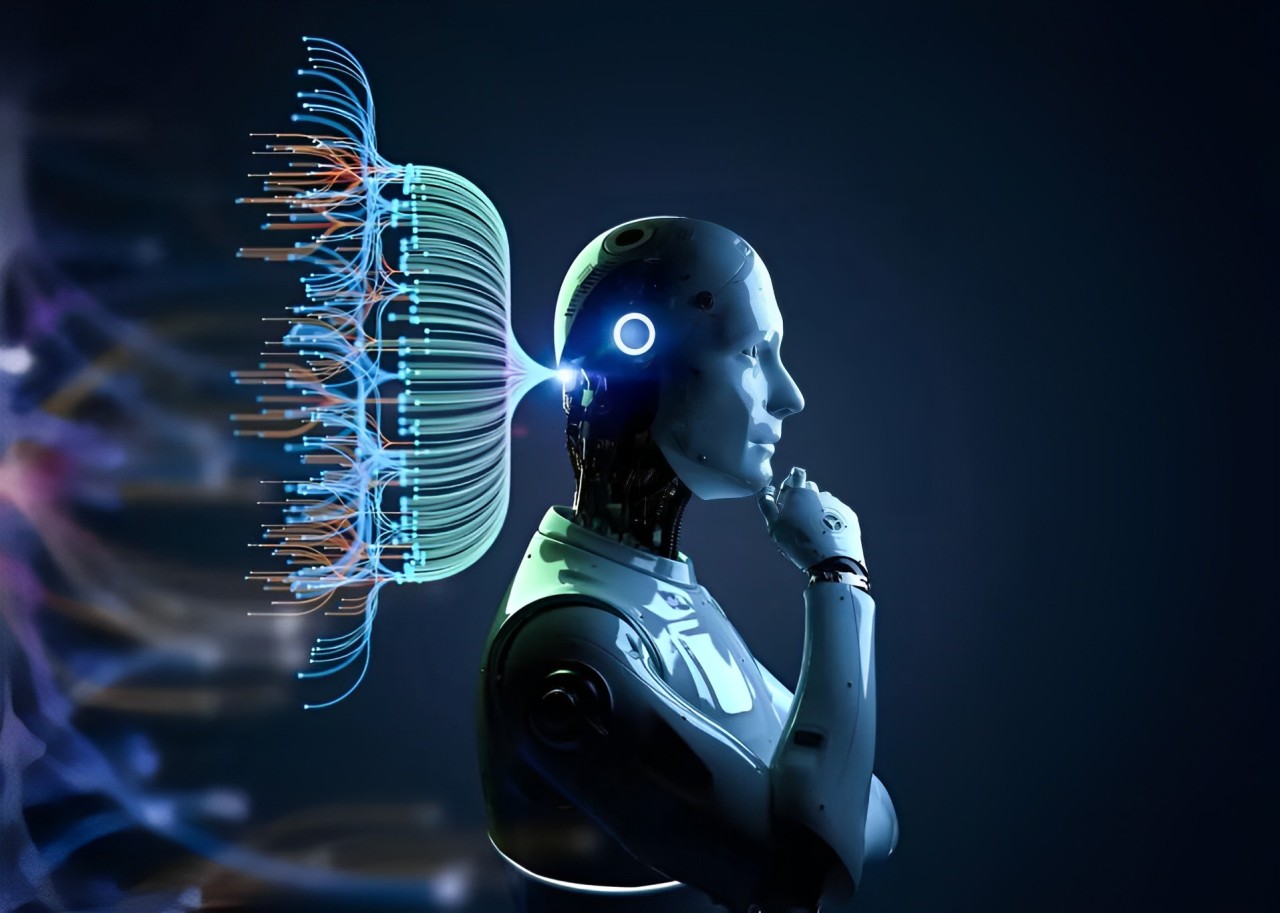(AI) Or artificial intelligence becomes increasingly sophisticated, there’s a prevailing concern in the air: Will machines eventually replace human workers? This question has been amplified by headlines predicting mass job displacement, from self-driving cars to algorithmic software that can write news articles. However, the real conversation we should be having isn’t whether (AI) will take our jobs, but rather what those jobs—and work itself—will look like in the future.


The truth is, AI isn’t going to replace us entirely, at least not in the way many people fear. But it will push us to reimagine the very nature of work, forcing us to question what is truly essential about human contribution in a world increasingly dominated by machines. As automation and AI systems take over more repetitive and task-based functions, we may find ourselves with more time and energy to focus on higher-order tasks—ones that require creativity, emotional intelligence, complex problem-solving, and, crucially, human interaction.
The Myth of (AI) Replacing Humans
Let’s begin by debunking the myth that AI will “replace” humans across the board. In reality, AI excels in areas that involve large datasets, pattern recognition, and automation of routine tasks. For instance, machine learning algorithms are already used in everything from optimizing supply chains to diagnosing medical conditions and even generating content like news articles. In these areas, AI can certainly outperform human workers in terms of speed, consistency, and efficiency. However, AI still lacks what makes us distinctly human: empathy, intuition, moral judgment, and the ability to adapt to complex, unpredictable environments.
While it’s true that some jobs—particularly those that involve routine or repetitive tasks—may disappear or evolve, AI is unlikely to replace entire professions. Instead, what we’re more likely to see is a transformation in how we work, what skills we need, and how we define productivity.
The Shift From “Work” to “Value”
One of the most significant impacts of AI will be a shift in how we think about work itself. For centuries, work has been synonymous with the act of earning a living, typically through labor that involves physical or intellectual effort. This conventional view of work is deeply embedded in our culture, from our education systems to our professional identities. Yet, as AI and automation take over many of the tasks that used to require human hands and minds, this notion of work is being called into question.
Rather than focusing on the sheer volume of hours worked, we may begin to focus more on the value that work creates—value not only in economic terms, but also in human and social terms. AI’s ability to handle the grunt work may free humans to engage in work that is more creative, innovative, and emotionally fulfilling. This might include everything from designing art and building businesses to engaging in social or environmental causes.
Work could increasingly be seen as an avenue for contribution rather than just compensation. This could be particularly impactful in fields like healthcare, education, and the arts, where human interaction, empathy, and creativity are irreplaceable.
Reimagining Human Work in the Age of (AI)
So, what will work look like when (AI) takes on more of the repetitive tasks? There are several possible scenarios.
1. Creativity and Innovation:
As machines handle routine work, humans will likely be tasked with focusing more on creative problem-solving, innovation, and design. (AI) can support creativity by providing data-driven insights, but the spark of new ideas, artistic expression, and entrepreneurial vision will continue to rely on human minds. This is especially true in industries like marketing, technology, and entertainment, where human intuition and cultural understanding are essential.
2. Emotional Intelligence and Relationship Building:
Jobs that require emotional intelligence, such as therapy, counseling, and customer service, will continue to be in demand. (AI) may assist with administrative tasks in these fields, but the core human element of listening, empathy, and trust will remain irreplaceable. People still prefer human interaction when seeking emotional support or engaging in meaningful relationships. As a result, jobs in human-centered roles may become even more valuable.
3. Complex Decision Making and Ethical Judgment:
In areas like law, medicine, and governance, (AI) can offer data analysis and recommendations, but humans will remain central to complex decision-making processes. AI might help a doctor assess a diagnosis or recommend treatments, but ultimately, the decision on how to proceed will depend on human judgment, ethical considerations, and a nuanced understanding of individual circumstances. These complex, value-driven decisions are still beyond the scope of AI’s current capabilities.
4. Learning and Adaptability:
As(AI) continues to evolve, it will create new industries and demand new skills. This places a premium on the ability of humans to learn and adapt to new technologies. Rather than fearing job loss, we should focus on the development of skills that complement AI: problem-solving, creative thinking, and interdisciplinary knowledge that blends technology with human-centric disciplines like psychology, philosophy, and the arts.
Rethinking Work-Life Balance
One of the most exciting possibilities of (AI)’s impact on work is the potential to radically rethink work-life balance. If AI is able to handle more of the tasks that don’t require human creativity or emotional intelligence, it could create the opportunity for people to spend more time on pursuits that bring personal fulfillment, well-being, and connection—whether that’s spending more time with family, pursuing hobbies, or simply having more leisure time.
The reduction in the number of hours spent working might also enable a broader societal shift towards better mental health and physical wellness, which could, in turn, foster more productivity and innovation when humans do work.
The Challenges of Transition
While the future of work in the age of (AI) holds great potential, it also presents challenges. For one, there’s the question of how to manage the transition. As jobs change or evolve, retraining and reskilling programs will be critical to ensuring that workers are prepared for the demands of a rapidly shifting job market. Governments, educators, and corporations will all have a role to play in helping people adapt.
Additionally, as (AI) increases productivity, it raises questions about how to fairly distribute the economic gains. If fewer humans are needed to perform basic tasks, how will wealth be redistributed? Will we move towards a universal basic income (UBI) model or find new ways to create economic opportunities in a world where traditional jobs are less prevalent?
However, it’s important to recognize that, rather than replacing us, (AI) will challenge us to rethink the very nature of work. As machines take over more repetitive tasks, humans will have the chance to focus on work that requires emotional intelligence, creativity, ethical judgment, and complex decision-making. This shift could lead to a more fulfilling and purpose-driven concept of work—one that is not just about earning a paycheck, but about contributing to society in meaningful ways.
In the end, the question isn’t whether (AI) will replace us—it’s how we will evolve our understanding of work in a world where machines handle the mundane, and humans focus on what makes us uniquely human
Recommendation: SITES LEARN SEO
Recommendation: KPOP NEWS ASIA







